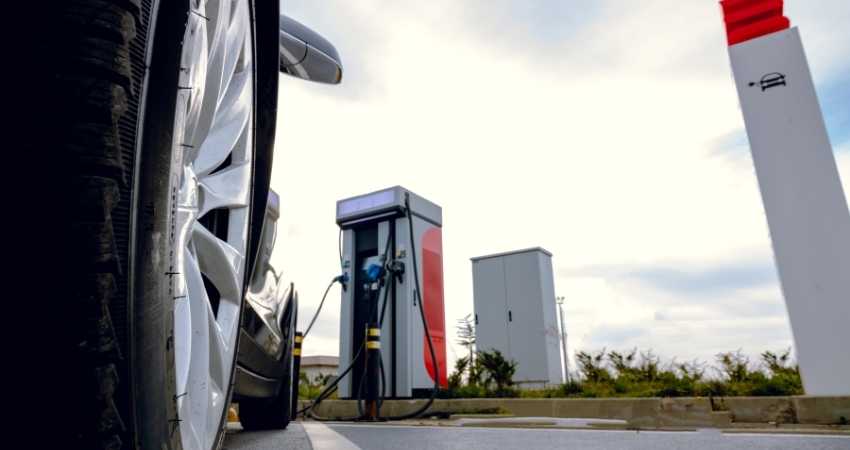Electric car owners experience a complete transition about noise when they bid adieu to conventional cars. They are in much quieter rides now—especially at slower speeds at which these cars are nearly silent. However, they experience the opposite when refilling—electric cars make some noise when pumping in electric charge into their batteries.
These cars produce noise while charging mainly because the cooling system powers up to prevent overheating the battery during recharge. Similarly, the battery might expand rapidly while plugged in, producing a popping sound. Similar sounds might also be generated by the chargers, which might be confused with those coming from the car.
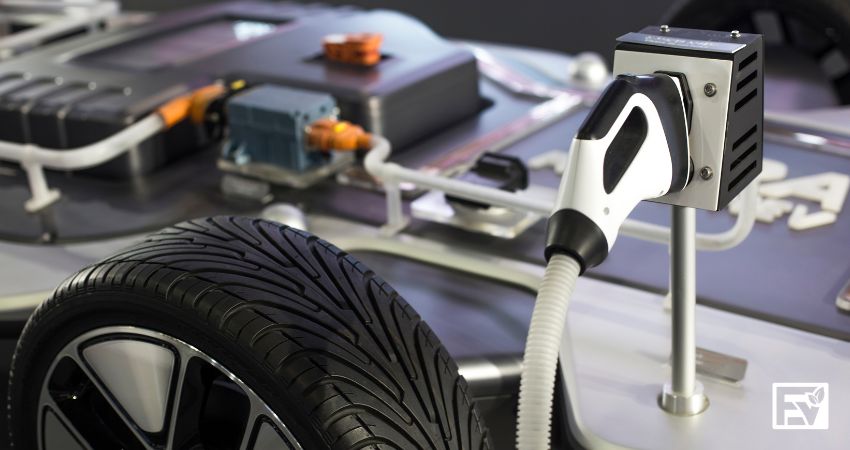
Why Do Electric Cars Produce Noise While Charging? 4 Reasons
1. Battery Cooling Fan Turns On
To keep an electric car’s battery cool, the fan dedicated to temperature regulation engages, producing a humming noise. Charging an EV battery generates heat as power enters the system. The more speed at which it enters, the more heat is generated. Though conventional cars also have cooling fans, in EVs, fan noises are perceptible.
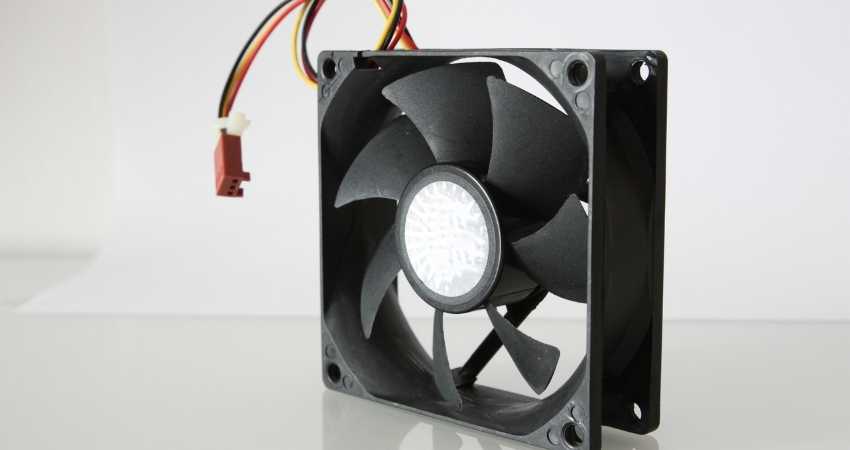
If the heat thus produced remains unchecked, the battery lifespan will reduce significantly. This is where the EV’s automatic system turns on the cooling fan to save the battery from degradation even when the electric car is turned off. This system is also responsible for keeping the batteries cool even when the EV is not plugged in, but only when the ambient temperature is hot enough to make an impact.
2. Battery Coolant Is Flowing
When coolant starts circulating the batteries during charging, several noises can be generated—though they are not muchly noticeable compared to those coming from the fan. The most detectable sounds come from the flow of the coolant itself and the pump responsible for the flow, making a mix of splashing and mechanical sounds.
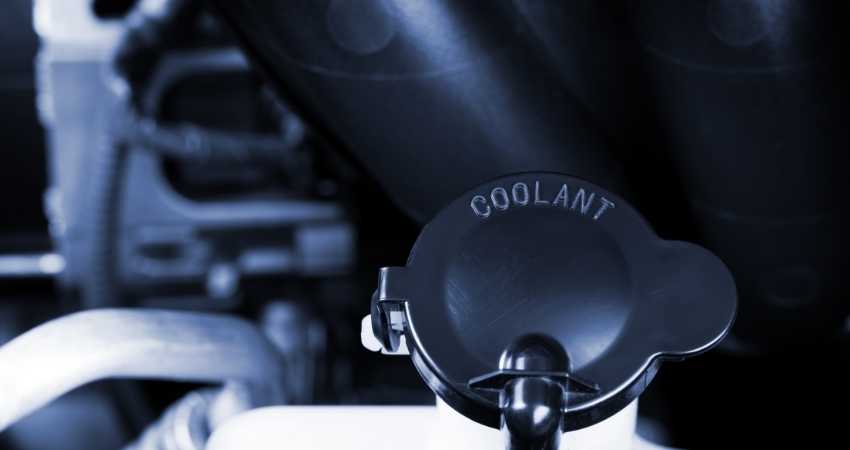
The coolant and the cooling fan strive to maintain the battery temperature. It is chiefly made up of water, refrigerants, and ethylene glycol. It flows through the tubes and plates surrounding the battery to absorb the heat and dissipate it through the radiator or heat exchanger. Collectively, the system thus formed can make a little noise.
3. The Battery Expands
The ‘thunk’ sound is common in electric cars, especially Tesla. This popping sound is usually produced when the charging process begins—the massive heat and charge swell the battery cells. Combined with a few other factors, the sound might make short bursts every few minutes. However, note that the noise is not abnormal, though it might sound so!
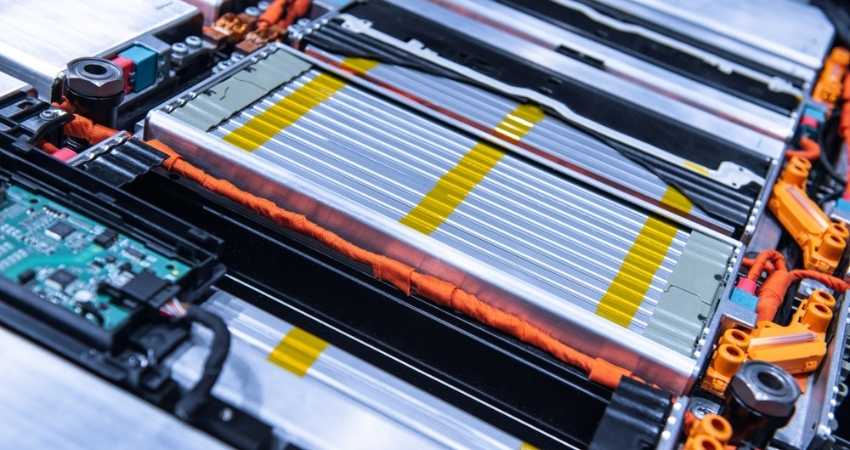
The lithium-ion batteries in EVs consist of several small interconnected cells. When all individual cells generate heat, they swell the battery when the car is plugged in. This swelling is directly proportional to charging speed; hence, you are more likely to hear the thunk sound at level 3 stations. The metal sheet around the battery pack is often responsible for this noise as it flexes under the battery pressure.
Read: How Much Do Electric Car Batteries Cost in 2022?
4. The Noise Might Be Coming From the Charger
Some issues with the charger might make humming and buzzing noises. These are easy to be confused with those coming from an EV. In most cases, the sound occurs at the contactor of the charger as dust and debris accumulate on it. When high-voltage current flows, vibrations arise in the improperly seated charger, causing constant noise. However, the accumulation of dust is neither harmful to EVs nor does it hamper the charging process.
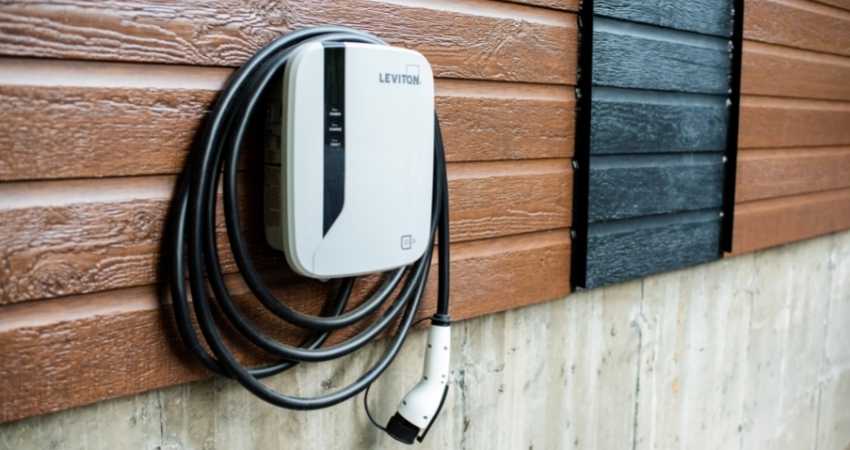
Some EV charging stations might be very noisy. They are equipped with cooling systems similar to those in electric cars. Hence, they might also make humming and buzzing sounds. You might confuse that sound with your EV.
Read: What Is a Level 4 EV Charger? All You Need to Know
Can You Stop Charging Noise in Your EV?
Unfortunately, you cannot do much about getting rid of the sound produced by charging an EV. The noise mainly comes from the engineering and design working behind to carry the charge to the batteries safely and without any unnecessary interruptions. It is, in fact, to the benefit of the EV owners to have such systems on board. Moreover, electric cars are still much more silent than conventional ones—tolerating a few noises from them is not a big deal.
However, it is worth mentioning here that if you opt for the low levels of charging, i.e., 1 and 2, you can see a decline in the noise. The battery will not heat up faster, keeping the fan speed and coolant flow rate at a minimum.
As for the noise coming from the charger, yes, you can get rid of it. Just make sure you keep the contactor clean. To go the extra mile, ensure the cleanliness of the charging port in your EV as well.
Do All EVs Make Noise While Charging?
Yes. Since all EVs are equipped with cooling systems to keep the batteries safe, you can expect some noise coming from all of them while charging. However, though the thunk sound is reported in almost all-electric cars, it is primarily associated with Teslas. Most users have shared their experience of hearing this noise while using Superchargers.
Read: How to Fix Car Battery Not Charging
Concluding Remarks: Why Do Electric Cars Produce Noise While Charging?
Electric cars are noisy while charging because of the cooling system or battery expansion. However, the noise might also come from the charger. This can be confused with the sound coming from the car. There is nothing much you can do to reduce the noise—after all, it comes for a valid reason to protect the battery. But opting for lower charging speeds can indeed make an impact.

